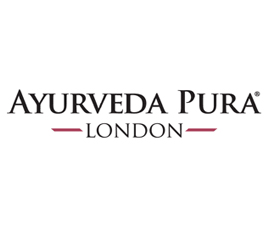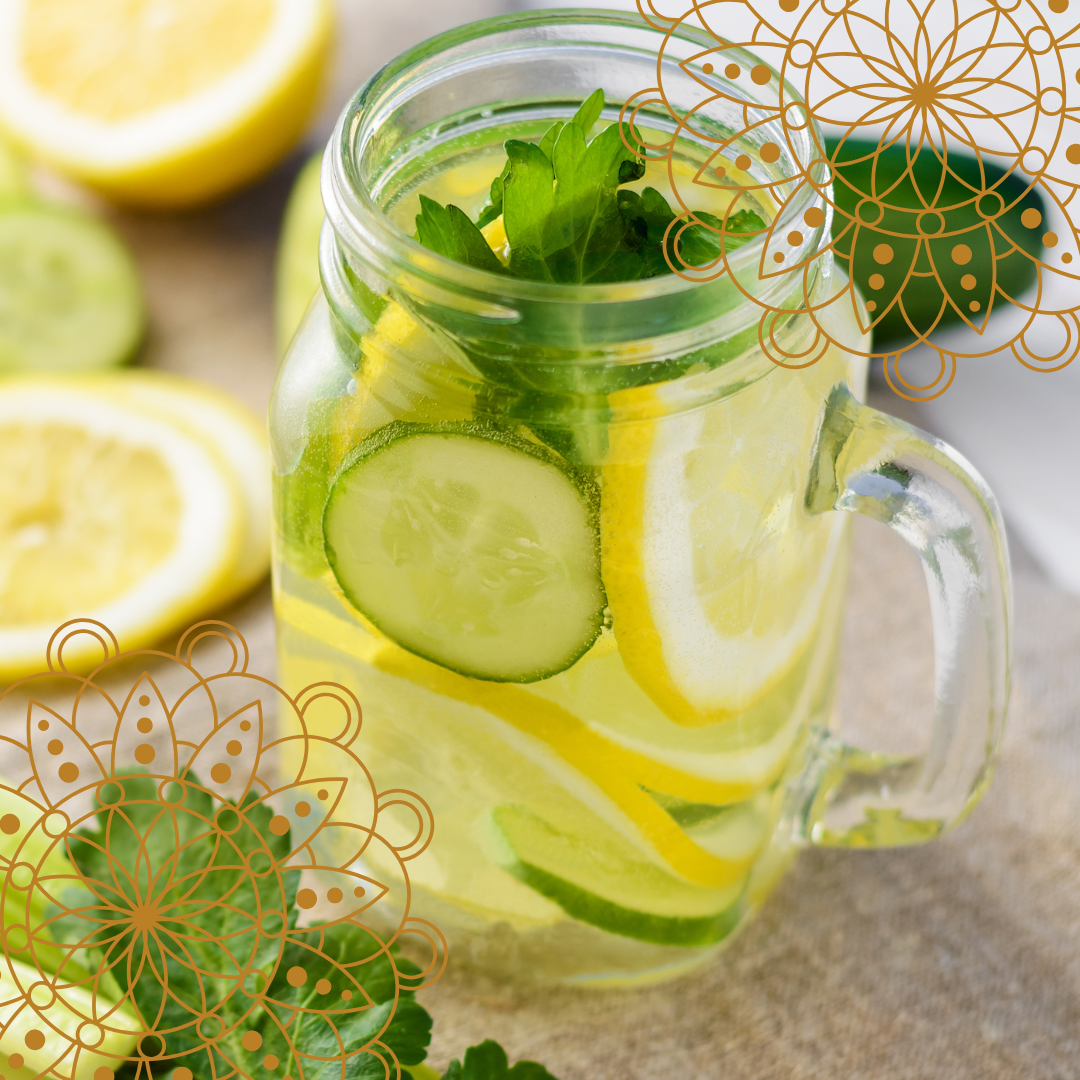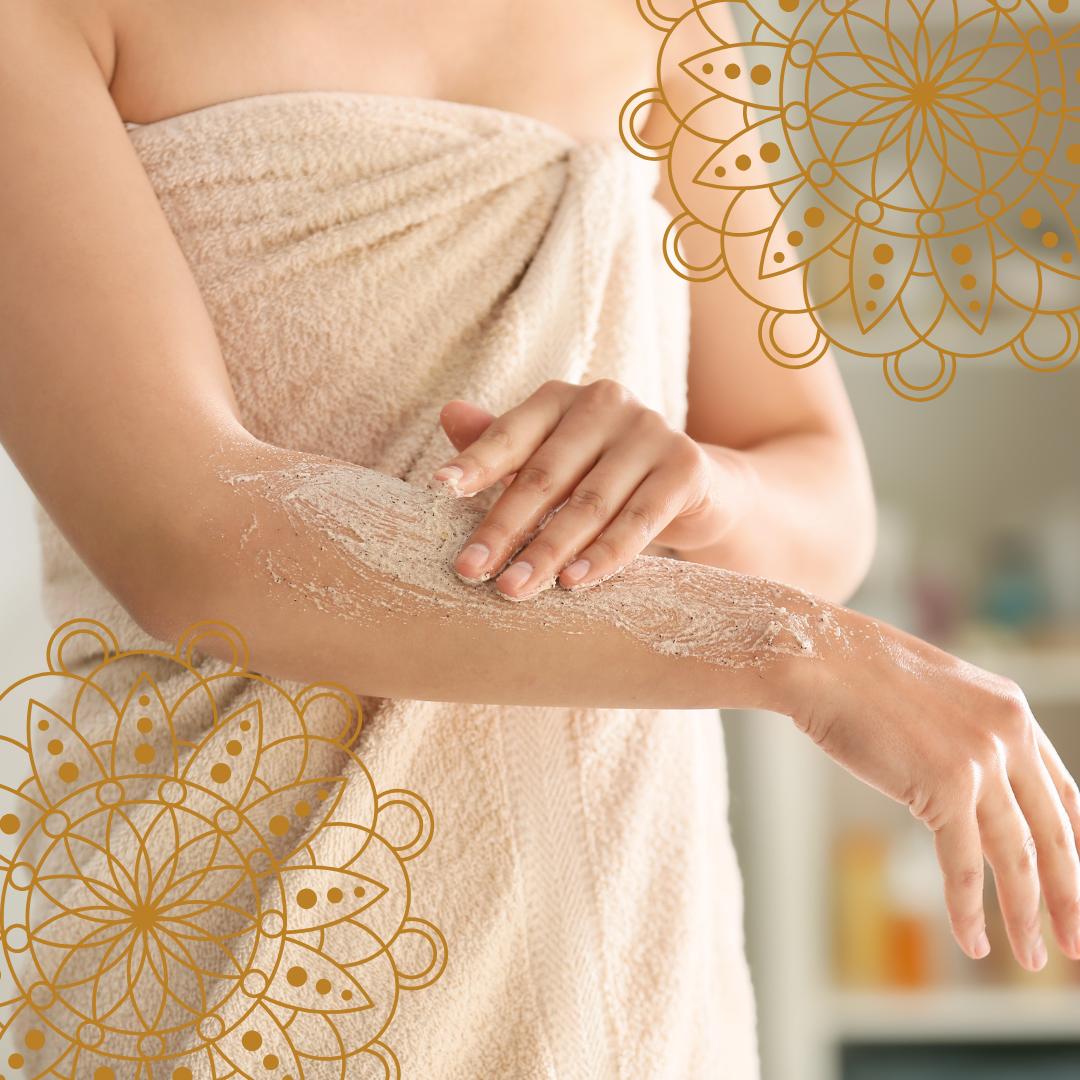Allergies: An Ayurvedic Perspective

Allergy is a disorder of the immune system. Allergic reactions occur when a hypersensitive immune system reacts to a common or unusual substance.
Allergy is a hypersensitivity to certain stimuli/articles like drugs, foods, environmental irritants or substances, or conditions such as temperature and certain weathers. These substances act as antigens giving rise to a reaction in the body which involves production of certain substances like histamine in the body.
Allergy can be hereditary in certain people, but an allergy can occur at any time or point in life. Any substance, whatever its origin, is a possible allergen. Food articles, ingredients in foods, medication, and other factors like pollen, dust, animal hair, etc can all cause allergic reactions.
Satmya is a term used in Ayurveda which means tolerance.
Asatmya is a term which means intolerance.
This tolerance or intolerance can be towards any medicine, food, weather, or any habits. Ayurveda believes that Asatmya is a result of weak or imbalanced Agni (digestive fire). A weak Agni means there is Ama (toxin) formation in the body. Therefore allergies are more common in people with Ama in their system.
Allergy is a result of the following:
- Weak Agni (digestive fire)
- Ama accumulation (toxins)
- Individuals basic body consitution
- Imbalanced Dosha in the body (Vata, Pitta or Kapha)
- State of the Dhatu (tissue) Agni (digestive fire): this determines which tissue or organ system will be affected.
- Weak immune system
- Amount of allergens in the body.
Allergies can be of three types based on the Dosha dominance:
- Vata related allergy
- Pitta related allergy
- Kapha related allergy
Vata related allergy:
Causes:
All Vata aggravating factors.
Such people are allergic to dry, bitter, spicy and astringent foods, raw foods, cold foods, beans, cold dry and windy weather, excess stress and overactivity.
Symptoms:
- Nervous system, respiratory system, bones and colon are important Vata organ and systems hence the symptoms are seen in these parts of the body.
- Bloating of stomach, flatulence, burping, abdominal pain and discomfort, Accompanying symptoms can be nerve pains, tingling sensations in limbs, loss of sleep, twitching of muscles, bone aches and pains, pains in joints, intestinal colic
- This kind of allergic reaction may start suddenly with wheezing and Vata related asthma, dizziness, giddiness, tinnitus, ear aches and pains, headaches. Such people are also prone to constipation, anxiety, restlessness.
Pitta related allergy:
Causes:
Pitta aggravating factors like spicy, sour and salty foods along with citric fruits, fermented food articles, hot weather and extreme sunny conditions. Such people have very sensitive skin and are allergic to certain fabrics, metals, synthetic materials etc.
Symptoms:
- Skin, eyes, parts of the digestive system, liver and spleen are important organs of Pitta Dosha.
- The symptoms seen in these parts of the body are red rashes, urticaria, and allergic dermatitis, and eczema, redness of the skin with itching and pustule formation. Other symptoms are heartburn, nausea, acidity, diarrhoea, burning and redness of the eyes.
Kapha related allergy:
Causes:
Kapha aggravating factor like sweet, sour, salty foods including dairy foods, cheese, yoghurt, milk etc. also fruits like cucumber, water melon may lead to allergic reactions. The allergies are aggravated during cold, rainy and cloudy season.
Symptoms:
- Sinuses, nasal passages, parts of the respiratory system are all Kapha organs.
- The symptoms include runny nose, mucus accumulation, hay fever, congestive disorders, colds, coughs, sinusitis and also Kapha related asthma. Other Kapha related allergic symptoms are water retention, heaviness in abdomen, sleeping disorders.
Treatment:
Ayurveda believes in Nidana - Parivarjanam.
This means avoidance of the cause of the disease. From an allergy stand point, Ayurveda says avoid all common allergens in everyday life.
Ayurvedic approach of treatment of any conditions comes under two categories:
Shodhana: Ayurvedic detoxification which will help to remove the root cause of the allergic reaction. This also helps to correct the imbalanced Agni, eliminate excess Dosha from the body and helps to strengthen the immune system. This is usually done when there is no acute phase of the allergic reaction.
The five actions of detoxification are as follows and help to eliminate excess Doshas as follows:
- Therapeutic vomiting (Vamana): Kapha related allergies
- Therapeutic purgation (Virecana): Pitta related allergies
- Medicated enemas (Basti): Vata related allergies
- Blood-letting (Rakta Moskhana): Blood related and Pitta related allergies
- Nasal treatments (Nasya): Kapha related allergies
Shamana: Treatments and therapies for acute phases of allergic reactions.
Management of Vata related allergies:
- Avoid all causes relating to Vata allergic reactions.
- Avoid foods like potatoes, tomatoes, aubergines, beans, bitter and astringent foods.
- Avoid cold, dry and windy weather.
- Take a Vata pacifying diet which includes mild sweet, sour and salty tastes.
- Beneficial herbs for Vata related allergies are: Trikatu, Triphala, Ashwagandha, Guggulu, Dashmool (ten roots) tea, Tulsi (holy basil).
- Herbal teas containing ginger, cumin, lemon and orange are beneficial, Any Vata pacifying tea is good.
- For wheezing phases, one can make a ginger tea and sip it every few minutes. Likewise liquorice is also good for such phases.
- Applying of hot Mahanarayan oil locally will also help. Some people also take a few drops of this oil in hot water and sip every now and then.
- Frequent Basti (enema) administration also helps to reduce the frequency of allergic attacks. Commonly Dashmool enema or Mahanarayan oil enema is given.
Management of Pitta related allergies:
- Avoid all causes relating to Pitta allergic reactions.
- Avoid spicy, salty sour foods, and concentrate on bitter and astringent tastes like green vegetable and salads. Make sure cooked food is eaten at all times and this is far better than raw food.
- Avoid direct contact with sun and extreme hot conditions.
- Follow Pitta pacifying remedies
- Beneficial herbs for Pitta related allergies are Shatavari, Guduchi, Triphala, Brahmi, Neem, Manjistha.
- For skin related conditions, Neem and Manjistha is a very good combination. Both these herbs have blood cleansing properties.
- Herbal teas with fennel, ginger, and saffron are beneficial for such conditions.
- Therapeutic purgation helps to eliminate excess Pitta and heat from the body which usually leads to such allergic reactions.
- Blood letting is also a very useful. One can simply donate some blood occasionally to prevent Pitta related allergies.
- Other herbs like sandalwood and rose are good for external application.
- Tikta Ghrita (ghee or clarified butter): bitter herbs in ghee is very beneficial in skin related allergies
- Coriander juice
- Coconut water
Management of Kapha related allergies:
- Avoid all causes relating to Kapha allergic reactions.
- Avoid cold, heavy and stagnant foods like cheese, yoghurt, milk, cream etc
- Avoid excess of sweet, sour and salty tastes.
- Favour more of bitter, spicy and astringent tastes.
- Avoid cold, rainy, wet weather.
- Beneficial herbs for these allergic reactions are Trikatu, Pippali, Guggulu, Triphala, Tulsi (Holy Basil)
- If the patient is up to it, then therapeutic vomiting is beneficial. If not therapeutic purgation can also be carried out.
- Nasal administration of oils which contain herbs like black pepper, Pippali are very good.
- For symptoms of runny nose, sneezing and congestion, Jala Neti (nasal wash) is beneficial. This pot usually has a spout for easy pouring of water into the nasal passages.
Yoga for allergies:
- Vata: Sun salutations, Forwards bends, extension poses. Breathing exercises like alternate nostril breathing, Right nostril breathing (Surya Bheda) are good.
- Pitta: Moon salutations, are especially good for Pitta related allergies. Moon position, Spinal twists are good. Breathing exercises are especially helpful. Chandra Bheda or left nostril breathing, Shitali Pranayama (breathing through the mouth and over the tongue) and Shitkari Pranayama are good. Alternate nostril breathing is also good
- Kapha: Sun salutations are most beneficial. Extension positions along with breathing exercises like Kapalabhati, right nostril breathing, and Ujjayi Pranayama are good.
The following herbs can be used instead of anti histamines in the three Dosha imbalances:
- Vata: Ashvagandha
- Pitta: Shatavari
- Kapha: Licourice or Pippali
It is strongly recommended that you consult a qualified Ayurvedic practitioner before starting any detoxification process to eliminate Ama or taking Ayurvedic herbs for skin disorders. The treatment protocol may change based on a person's body constitution and disease.






